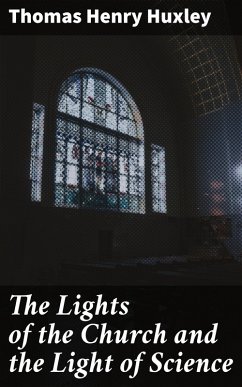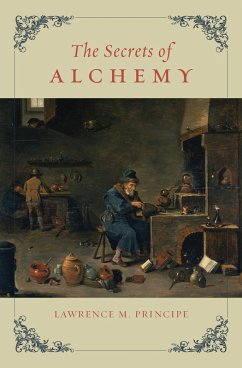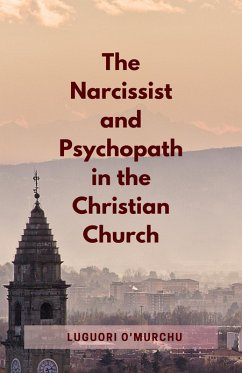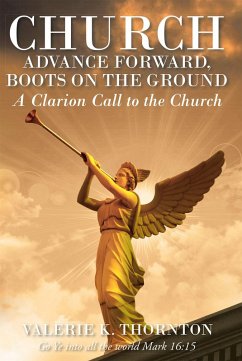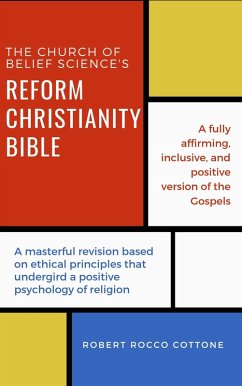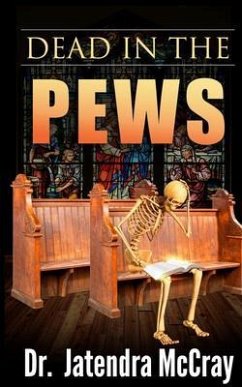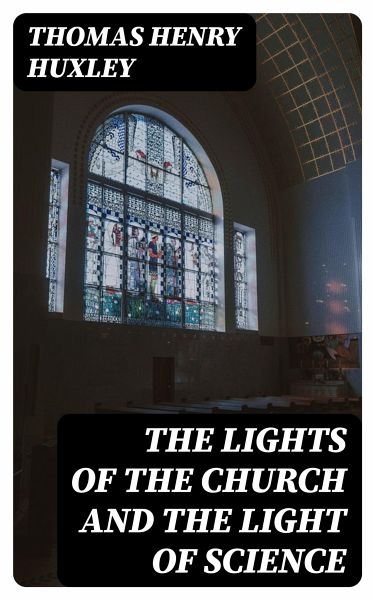
The Lights of the Church and the Light of Science (eBook, ePUB)
Essay #6 from "Science and Hebrew Tradition"

PAYBACK Punkte
0 °P sammeln!
In "The Lights of the Church and the Light of Science," Thomas Henry Huxley navigates the complex relationship between religious belief and scientific inquiry during the late 19th century. With a blend of eloquent prose and rigorous logical argumentation, Huxley critically examines the dichotomy between scientific evidence and ecclesiastical doctrine. This work is set against the backdrop of the Victorian intellectual landscape, characterized by burgeoning scientific discoveries and the questioning of traditional religious narratives, making Huxley's commentary both prescient and essential for...
In "The Lights of the Church and the Light of Science," Thomas Henry Huxley navigates the complex relationship between religious belief and scientific inquiry during the late 19th century. With a blend of eloquent prose and rigorous logical argumentation, Huxley critically examines the dichotomy between scientific evidence and ecclesiastical doctrine. This work is set against the backdrop of the Victorian intellectual landscape, characterized by burgeoning scientific discoveries and the questioning of traditional religious narratives, making Huxley's commentary both prescient and essential for understanding the era's debates on faith and reason. Thomas Henry Huxley, often referred to as 'Darwin's Bulldog' for his vigorous defense of Darwinian theory, was a prominent biologist and an advocate for rational thought. His own upbringing in a religious environment contrasted sharply with his scientific pursuits, leading him to champion the idea that empirical observation should take precedence over dogma. "The Lights of the Church and the Light of Science" reflects Huxley's personal struggle and intellectual evolution, revealing the profound impact of the scientific revolution on his worldview. This book is highly recommended for readers interested in the intersection of science and religion, particularly within a historical context. Huxley's incisive analysis remains relevant today, offering valuable insights into contemporary discussions surrounding faith and scientific discourse. By bridging the gap between two seemingly opposing realms, Huxley not only enlightens his readers but also encourages a dialogue that is essential for both personal and societal growth.
Dieser Download kann aus rechtlichen Gründen nur mit Rechnungsadresse in A, B, BG, CY, CZ, D, DK, EW, E, FIN, F, GR, H, IRL, I, LT, L, LR, M, NL, PL, P, R, S, SLO, SK ausgeliefert werden.




